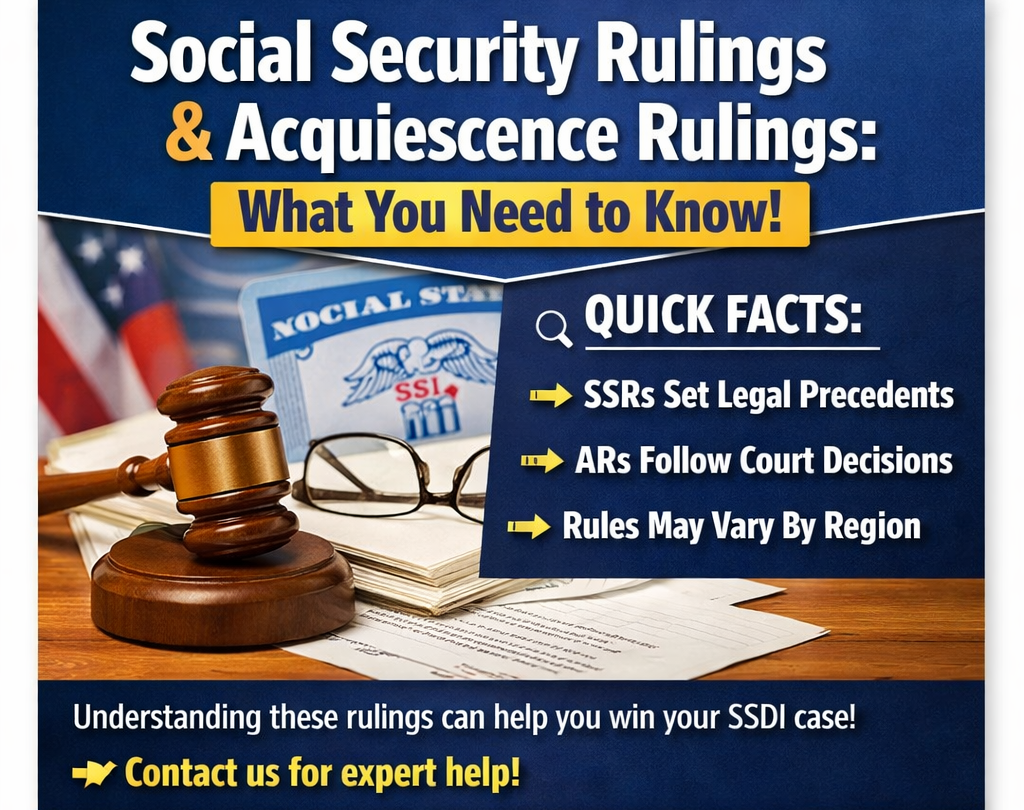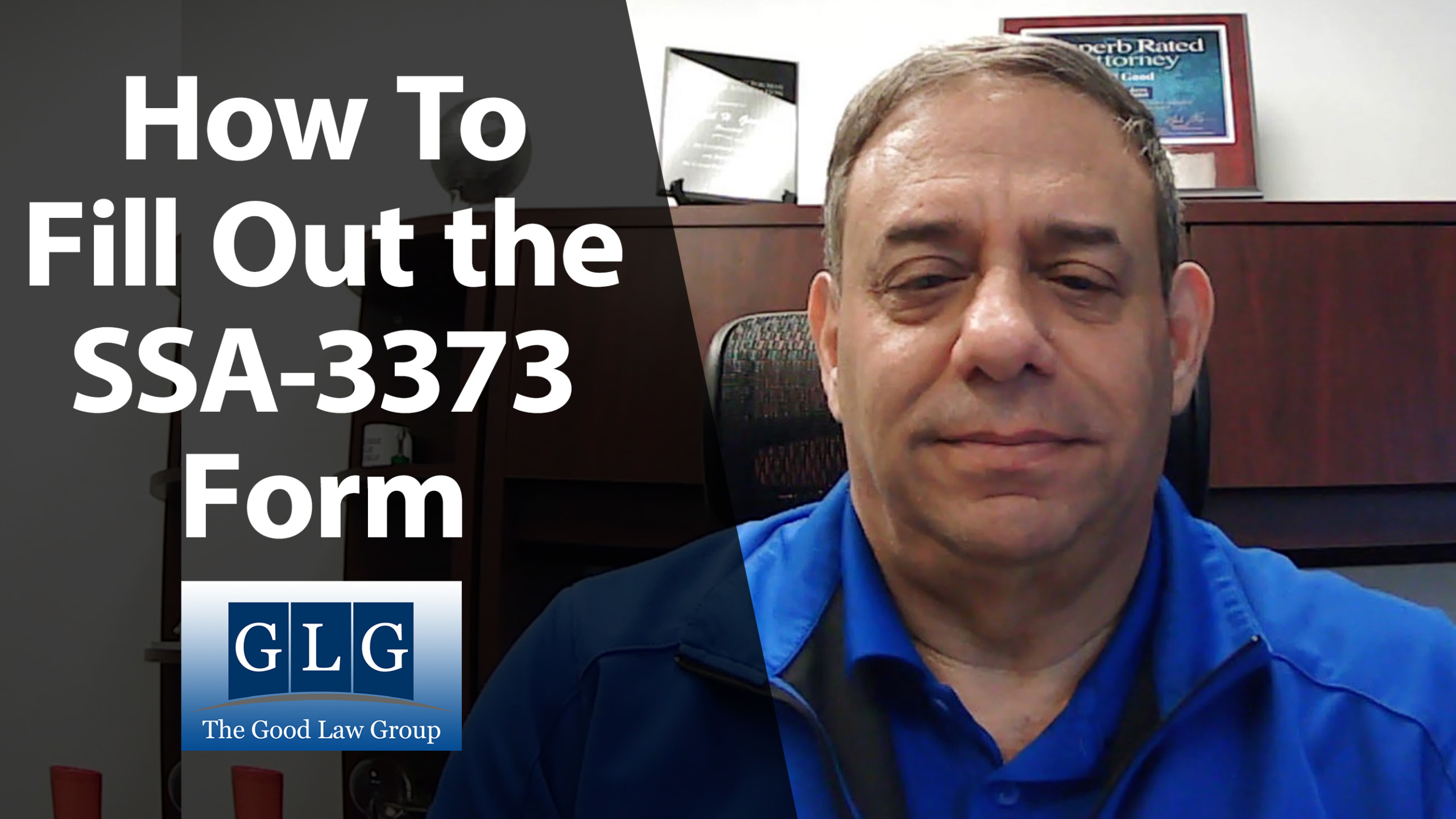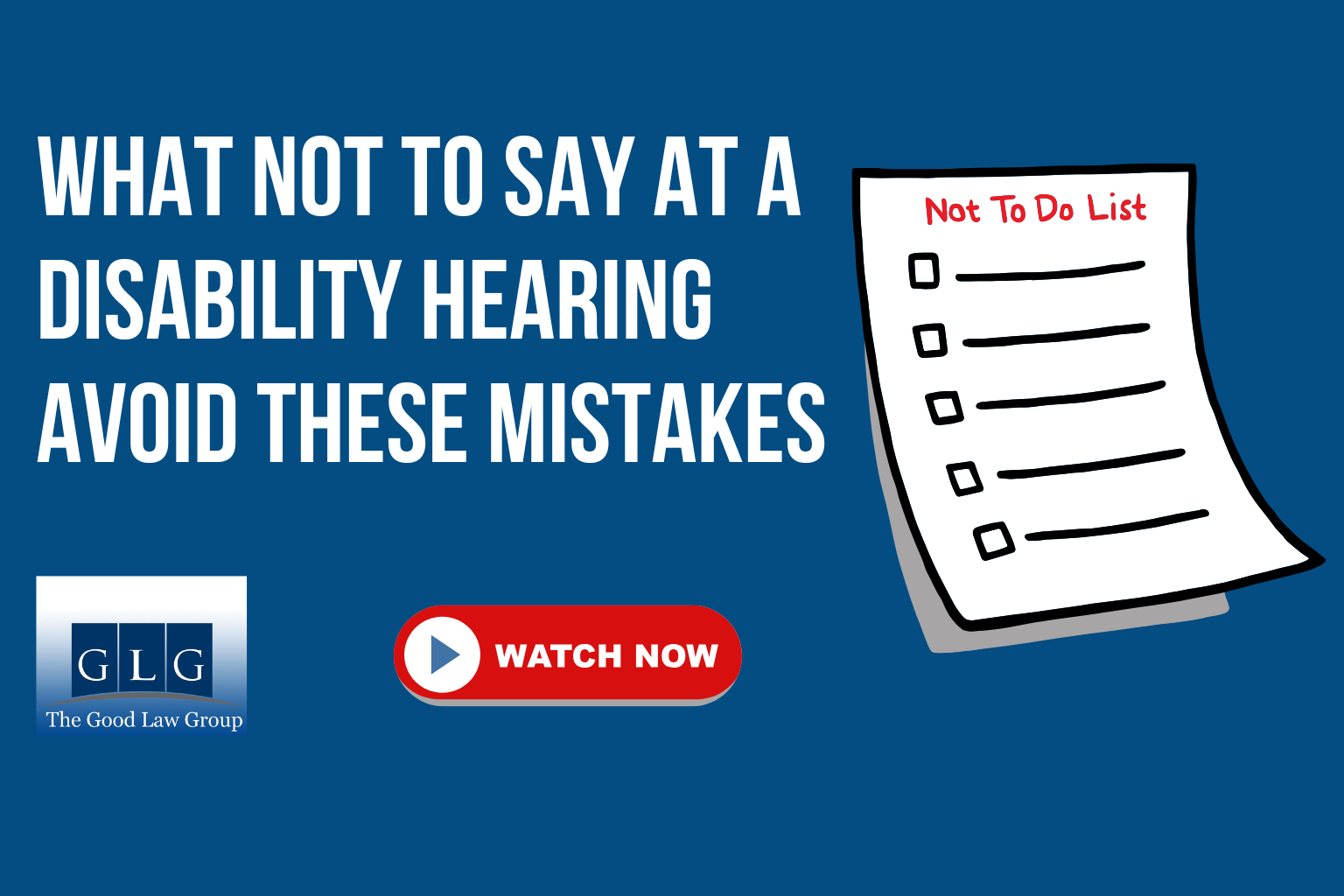Are you confident you’re asking the right questions in your multifamily real estate transactions? Knowing which questions to ask can make or break your deal, especially when tenants are involved. From management contracts to tenant payment methods, there are several critical areas to cover. In this video, we’ll walk you through the essential due diligence questions to ensure a smooth transaction. Check out the full video and get the insights you need!

When it comes to multi-family real estate transactions, particularly where tenants are in place, there are crucial questions that either you or your real estate attorney should be asking to ensure a smooth process. Here are the key points to consider:
- Management Contract: Identify who is currently managing the building (self-managed or management company). It’s important to consider the management contract. Who is currently operating the building? Is the seller self-managing, or is there a management company in place? This can significantly impact the property’s performance and overall value.
- Equipment Ownership: Determine who owns the building’s equipment, such as laundry machines, and review any lease agreements. Many property owners lease out their laundry equipment, and these contracts can affect both the building’s performance and value. Always obtain any lease agreements for such equipment.
- Tenant Payment Methods: Understand how tenants are paying rent (cash, portal, apps) to identify potential risks. Are they paying the seller in cash, through a portal, or via apps like Building or Yardi Matrix? Knowing this can help identify any potential risks.
- Proof of Tenant Payments: Request evidence of tenant payments, such as bank deposits or check stubs, to ensure tenants are paying as claimed. During the attorney review period, typically five to 10 days, it’s also crucial to request proof that tenants are actually paying their rent. This could include bank deposits, check stubs, or any evidence supporting the seller’s claims. You don’t want to inherit tenants who aren’t paying, leading to potential evictions.
- Appliance Ownership: Clarify who owns the appliances (fridges, microwaves, ovens) to avoid disputes when tenants move out. It’s not uncommon for tenants to claim ownership of appliances like fridges, microwaves, and ovens, which they might take with them upon moving out.
- Tenant Occupancy Duration: Inquire about how long tenants have lived in their units, especially in areas with tenant ordinances that could affect rent increases or eviction notices. This is vital due to tenant ordinances that might affect your ability to raise rents or require tenants to vacate within certain time frames.
These are just a few of the critical questions we typically focus on during attorney review. If you need assistance with your real estate transactions, please give us a call at (847) 577-4476.









